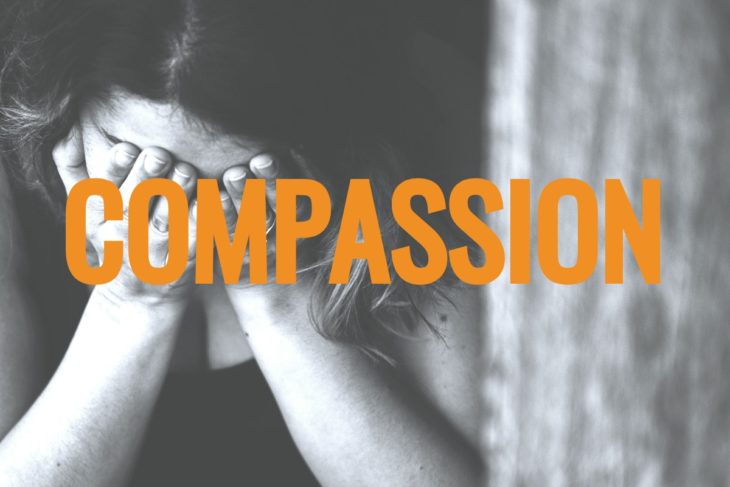We have all read stories of how drinking damages health and wrecks potential and lives. But, you realize exactly what it entails when it hits too close to home, and you realize that there is a loved one spiraling downwards due to consumption. It is quite upsetting to see your friend or family member waste their talent, burn their bridges and put their health at risk. But, what can you do? How can you help them? Here are some of the dos and don’ts that can be useful when you want to help a loved one fight the addiction:
Contents
Discourage their drinking
This seems rather obvious but is one thing that’s difficult to manage. One of the biggest challenges to getting a loved one to stop drinking is to stop your own activities that encourage the person to keep drinking. This means you become an enabler, a person who unknowingly creates opportunities for your loved ones to indulge in their addiction. This may not be your intention and you need to address the issue right away to prevent future problems.
Don’t cover up for them
When you make excuses or cover up for their behavior, you unknowingly tell them that you approve of their actions. Also, covering up is also an indicator that you are in denial of their addiction. Don’t handle their responsibilities because you are allowing them to pursue their addiction. Never shield them from the consequences of not carrying out their work or fulfilling other duties. They need to face the music to see how beverage is damaging their relationships and lives.
Be compassionate

Img source: churchonmill.org
There are numerous factors that play into addiction and it cannot be considered a moral flaw. You need to educate yourself about the nature of drinking and abuse and how it can affect that person. This can help you be compassionate when you are confronting a loved one suffering from addiction. You will be able to understand how they feel and get through to them.
Have reasonable expectations
If you are expecting your loved one to go to a rehab clinic or call a counselor right after talking to you, you need to adjust your expectations. Confronting means opening channels of communication and motivating them to quit consuming. When you show that you care, you assure them that you have their best interests at heart.
Help them and keep calm
You never know how the person under the influence will react so you need to stay calm when you are discussing the problems with them. Share with them how their addiction is affecting you and its consequences on their overall life. Instead of suggesting drastic measures, help them by taking things slow. You can suggest Soberlink, alcohol testing app instead of jumping to rehab right away. You don’t want them to panic and close themselves off again.
Seek professional assistance

Img source: vox.com
The last step is to seek professional assistance. You can call an interventionist to help you in talking to your loved one about going into rehab. Provide them with emotional support and comfort them. They need to know that you are with them and are not abandoning them. Find a rehab center where they will be able to get treatment for their addiction. You need to be strict and not fall for their promises of turning into a new leaf because you cannot just quit overnight. Rehab is vital and can go a long way in helping them recover.
Follow these steps and you will be able to assist your loved one in fighting addiction to live a healthy and fulfilled life.
